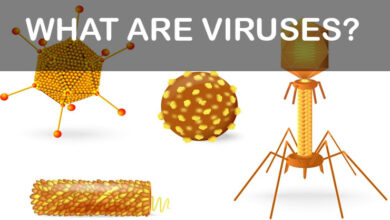How do I know if I have autism?
Know the symptoms and characteristics of autism spectrum disorder (ASD) and learn how to identify if you or someone close may be on the spectrum
Autism is a developmental disorder that affects communication and social interaction. Although it is a common condition, many people have difficulty recognizing the signs and symptoms of autism. In this article, we will discuss the common signs of autism and how you can identify them in yourself.
What is autism?
Autism is a developmental disorder that affects a person’s ability to communicate and interact socially. It can also lead to repetitive behaviors and limited interests. Autism is usually diagnosed in childhood, but many people do not receive a diagnosis until adolescence or adulthood.
Common symptoms of autism
The symptoms of autism can vary widely from person to person, but there are some common signs that you can look for. These symptoms include:
- Difficulty communicating verbally or nonverbally;
- Problems establishing social relationships and social interactions;
- Repetitive behaviors, such as hand flapping or spinning objects;
- Restricted interests or obsessions with specific subjects;
- Difficulty understanding others’ emotions or expressing their own emotions.
How do I know if I have autism?
If you think you may have autism, the best way to find out is to seek a mental health professional. A psychiatrist or psychologist specializing in autism spectrum disorders can conduct an evaluation to determine if you meet the diagnostic criteria for autism. This evaluation usually involves questions about your symptoms and medical history, as well as direct observation of your behavior.
Additionally, you can look for online tests to assess your symptoms and determine if you should seek a mental health professional for a formal evaluation. However, it is important to remember that these online tests are not diagnostic and should only be used as a screening tool.
Treatment and management of autism

Treatment for autism involves a combination of behavioral therapy and medical intervention. Behavioral therapy can include occupational therapy, speech therapy, and applied behavioral therapy. Medical intervention may include medication to treat specific symptoms, such as anxiety or sleep problems.
Furthermore, many people with autism can benefit from environmental adjustments, such as special education programs or modifications in the home or workplace. These adjustments can help reduce stress and improve the quality of life for a person with autism.




